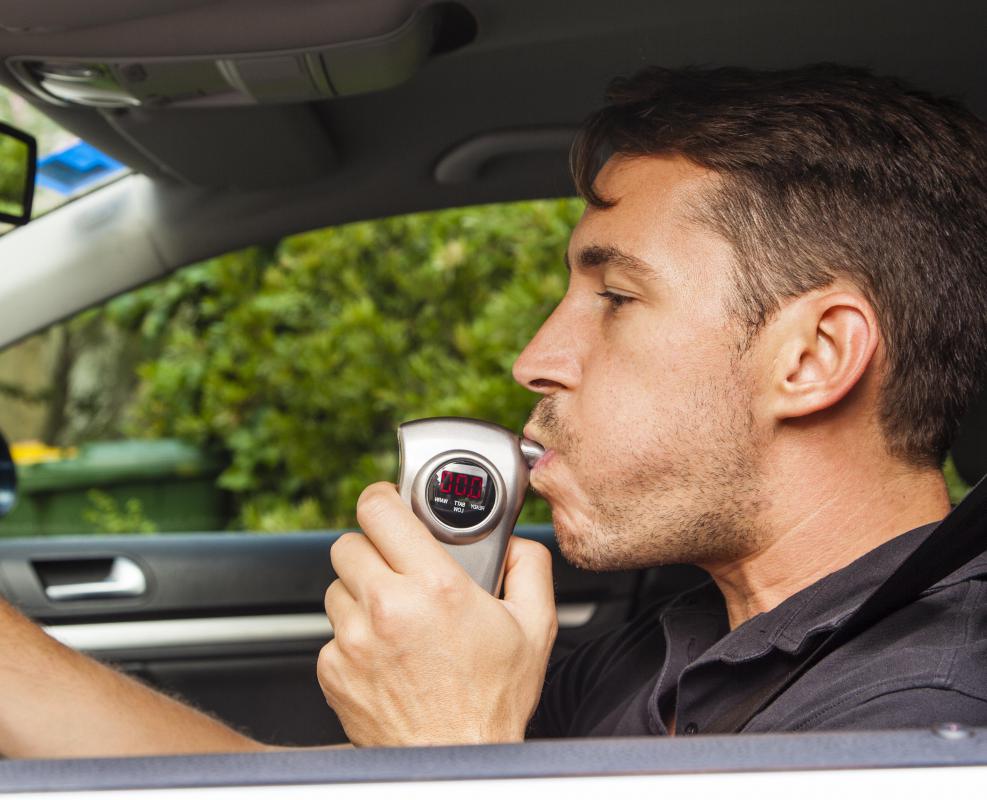At WiseGEEK, we're committed to delivering accurate, trustworthy information. Our expert-authored content is rigorously fact-checked and sourced from credible authorities. Discover how we uphold the highest standards in providing you with reliable knowledge.
What is Driving Under the Influence of Drugs?
Driving under the influence of drugs (DUID) is an act of offense in which a person drives a motorized vehicle while chemical substances are affecting his system. Usually, DUID is categorized with drunk driving, as both alcohol and drugs can result in impaired driving. Both types of driving under the influence can also have similar penalties such as imprisonment, community service, or removal of driving license.
In many cases of DUID, law enforcers do not distinguish legal from illegal drugs or prescription drugs from over-the-counter drugs. As long as there is observable evidence of substance use, a person can commit driving under the influence of drugs. The state of California legally defines drugs as “affecting the nervous system, brain, or muscles of a person as to impair, to an appreciable degree, his ability to drive a vehicle in the manner that any ordinarily prudent and cautious man, in full possession of his faculties, using reasonable care, would drive a similar vehicle under like conditions.”

Presently, almost all states in the US impose a “per se” statute, an assumption that a driver is driving under the influence of drugs if substances are found inside the vehicle. If the discovery of drugs is confirmed with an examination, the person can most likely be convicted. Such examinations include blood and saliva tests, coordination and reaction tests, and testimonies of witnesses. The weight of the penalty can differ depending on how many times an offender is charged and if his impaired driving resulted in a fatal consequence.

If the person is a first-time offender, he is required to pay a hefty fine. A repeat offender can be given at least six months of imprisonment and community service, along with a period of probation. A driving ban and a suspension of one's driver's license can also be enforced, sometimes even up to a year. If the offender caused an accident or a death, he can be imprisoned for more than ten years and should pass a comprehensive driving test to be allowed to drive again.

In 2009, the National Survey on Drug Use and Health (NSDUH) noted that among Americans, 6.3 percent of teenagers 16 years and younger were caught driving under the influence of drugs. For adults, 24.8 percent of those aged 21 to 25 drove while on drugs. Driving under the influence of drugs does not only apply to automobiles, but also to other vehicles such as a boat, aircraft, or even a horse.
AS FEATURED ON:
AS FEATURED ON:













Discuss this Article
Post your comments